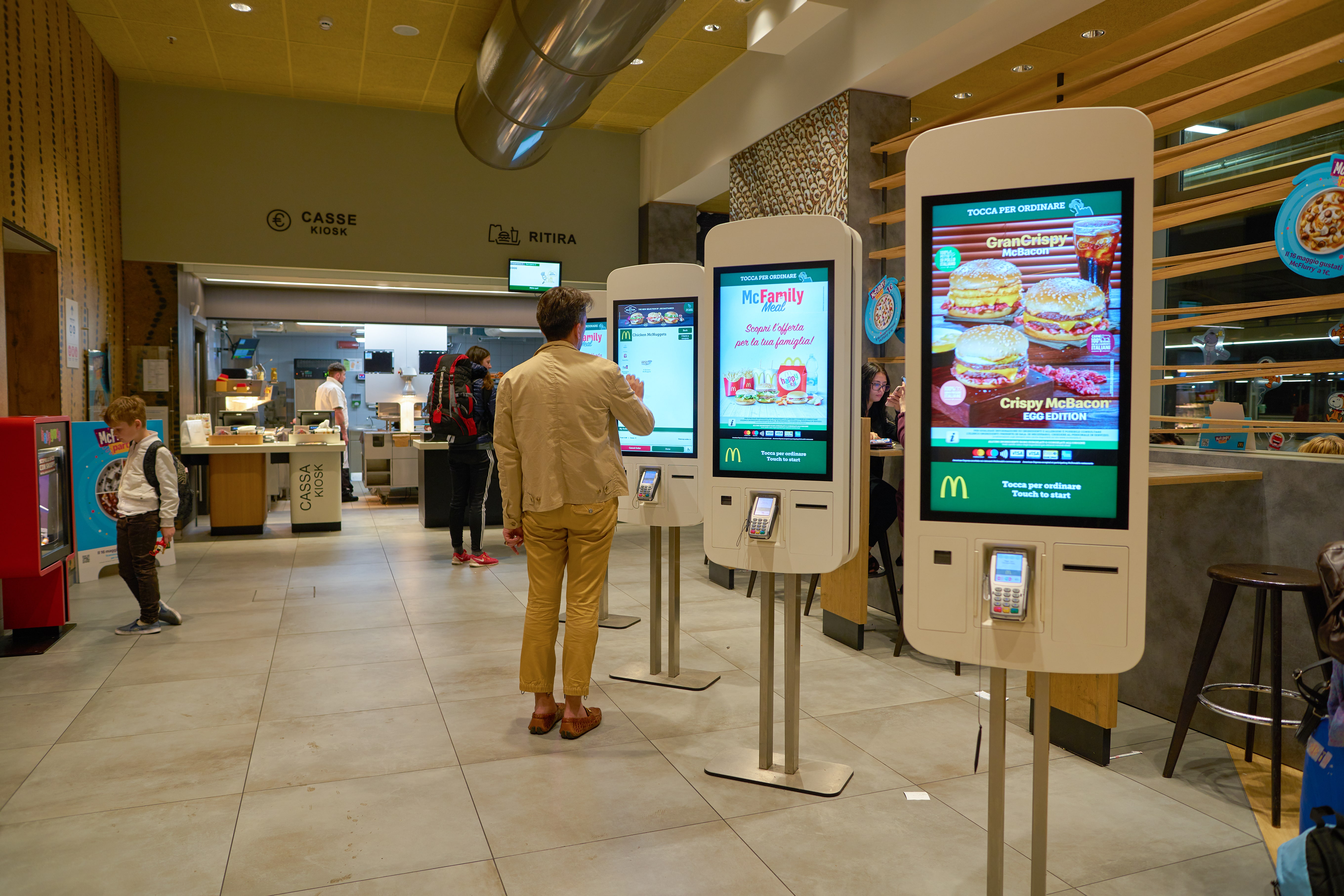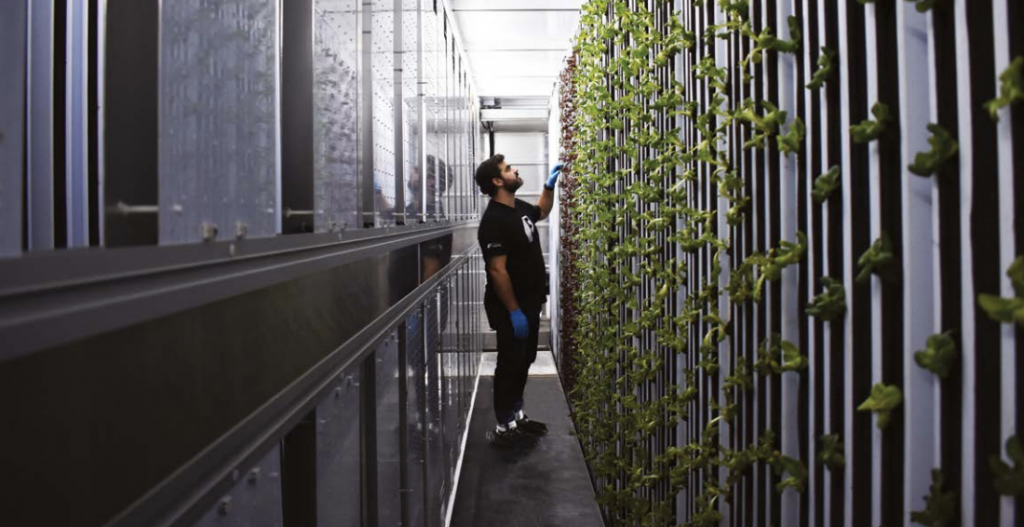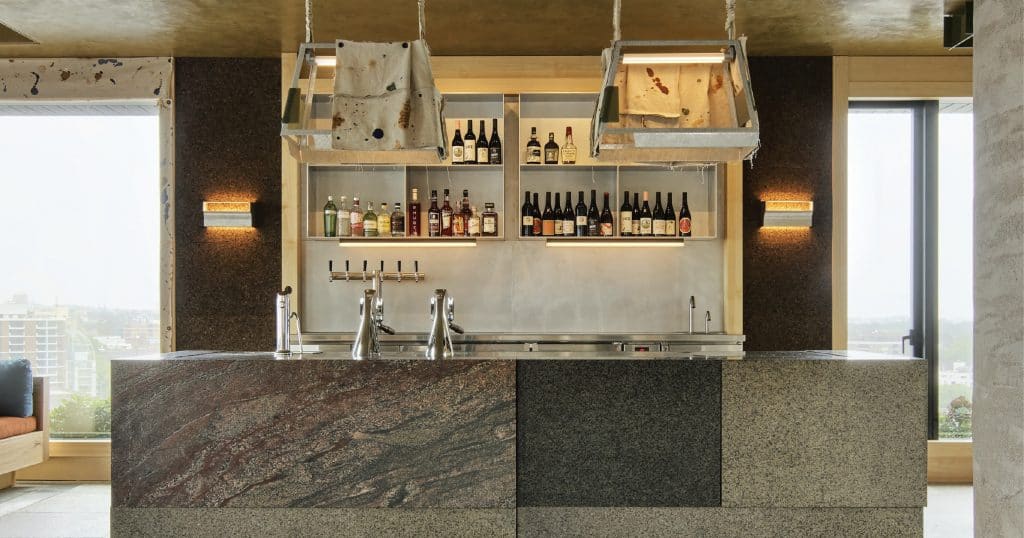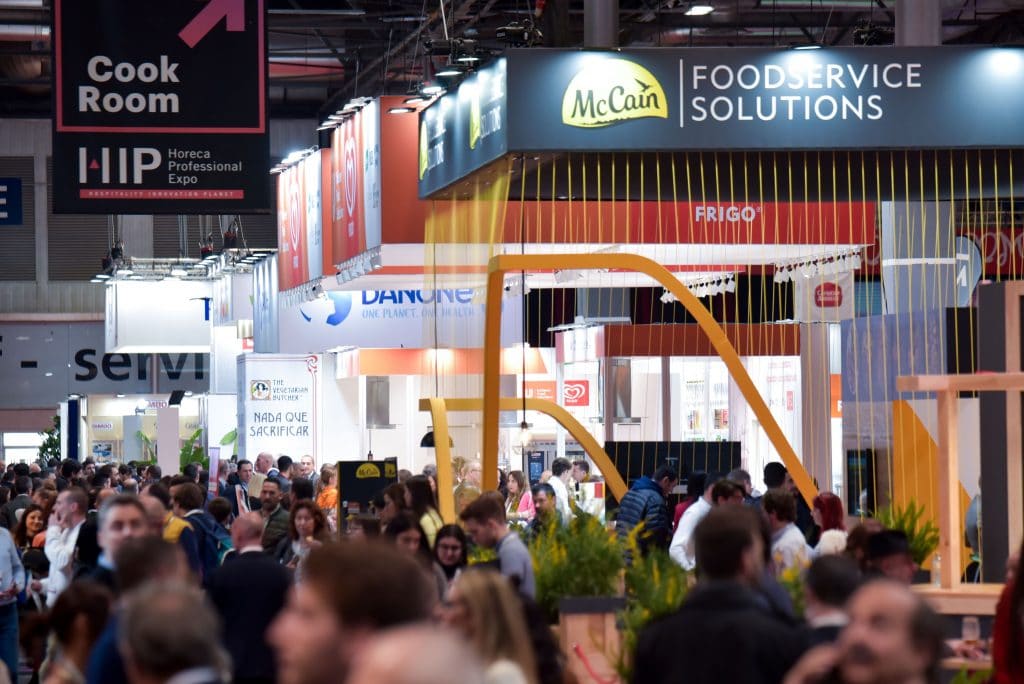
With margins reducing and competition rising, hospitality providers want to be able to rely on a digital solution that enables them to serve their customers in the way they want to be served, whether via a traditional point of sale (PoS) system, a contactless payment or even a pre-order and pick up.
Five years ago, it was about having one supplier for each of these services and making them work together. That has now changed – today, companies can offer the complete digital journey through their own suite of first-class integrations, creating a seamless solution.
“With so many options, smaller and medium sized businesses don’t have to accept second best. Select one or two companies that have experience within your sector, research and trial them; you will quickly find the one that works for you. It is critical to work with trustworthy suppliers who can help to maximise growth,” says Moore (pictured, below).
“Efficiency is key. Now, it’s about the digital suite, and this will grow as more companies become integrated, creating a streamlined experience for the end customer, and greater opportunities for the hospitality provider.”
Security
There will be a greater emphasis on security as we move further into the digital commerce world.“Don’t go with an on-premise data storage solution, make sure it is cloud-based and served by one of the big operators such as Microsoft Azure or AWS,” adds Moore.
“Business owners need to be ahead of the game when it comes to legislation and cyber security trends.“Check that any payment provider is compliant and only works with companies that provide the correct accreditations and secure systems. They should also be easy to communicate with and able to offer advice in the event of any issues. When problems arise that is when the real test of partnership comes into play.”
Robots and AI
Moore believes that AI and machine learning will be integrated into mainstream products towards the end of the next decade, but we will see small steps in 2020 with the introduction of intelligent products and software.
He adds: “Self-serve is now being accepted as a reliable, efficient form of PoS and no longer a ‘gimmick’, and indeed all technologies take their time to become mainstream, affordable and second-nature. The future involves AI, greater integration of self-serve solutions and other, not yet widely accepted, features such as photographic PoS and facial recognition.“If you’re thinking of introducing any of these, remember that the timing of new technology needs to work well and fit with your customers’ journey.”
Loyalty will come back into fashion
Gone are the days of too many loyalty cards clogging up your wallet, says Moore. “The age of loyalty dipped during the end of the last decade, but with new generation Zs coming into the purchasing arena things will change yet again. The next generation is – again – more loyalty focused; they want a customised experience and to identify with brands, and they expect these loyalty platforms to be ‘frictionless’.
“Find a digital loyalty offering that allows your business to differentiate itself and communicate with customers, making them feel valued and understood as individuals.”
Peter Moore’s top tips for 2020
- Know who are you targeting. There is no point using technology for the sake of it. Your decision should be well considered and depend entirely on the needs of your customer base.
- Be sensible. In a challenging climate it’s easy to be too reserved and stagnate, but at the same time don’t get caught up in shiny or distracting technology that can’t be easily implemented into your business. Review business, customers’ and your needs first.
- Select ‘easy to use’ technology that will benefit employees and your business as a whole. In a high employee turnover environment, make sure staff can be trained quickly and use it effectively to get real ROI.
- Focus on improving processes and creating a frictionless experience. A better experience brings back customers.
- Have a clear understanding of your needs and your budget before you start your research.




